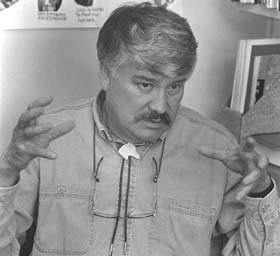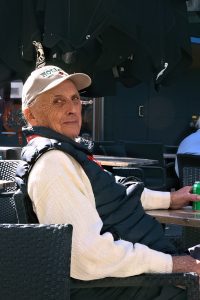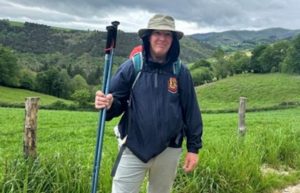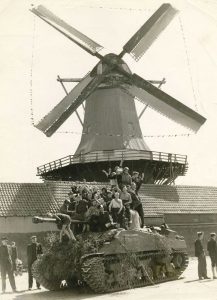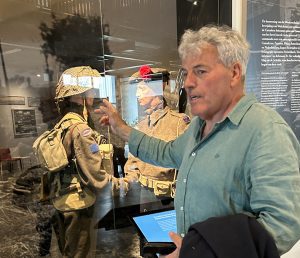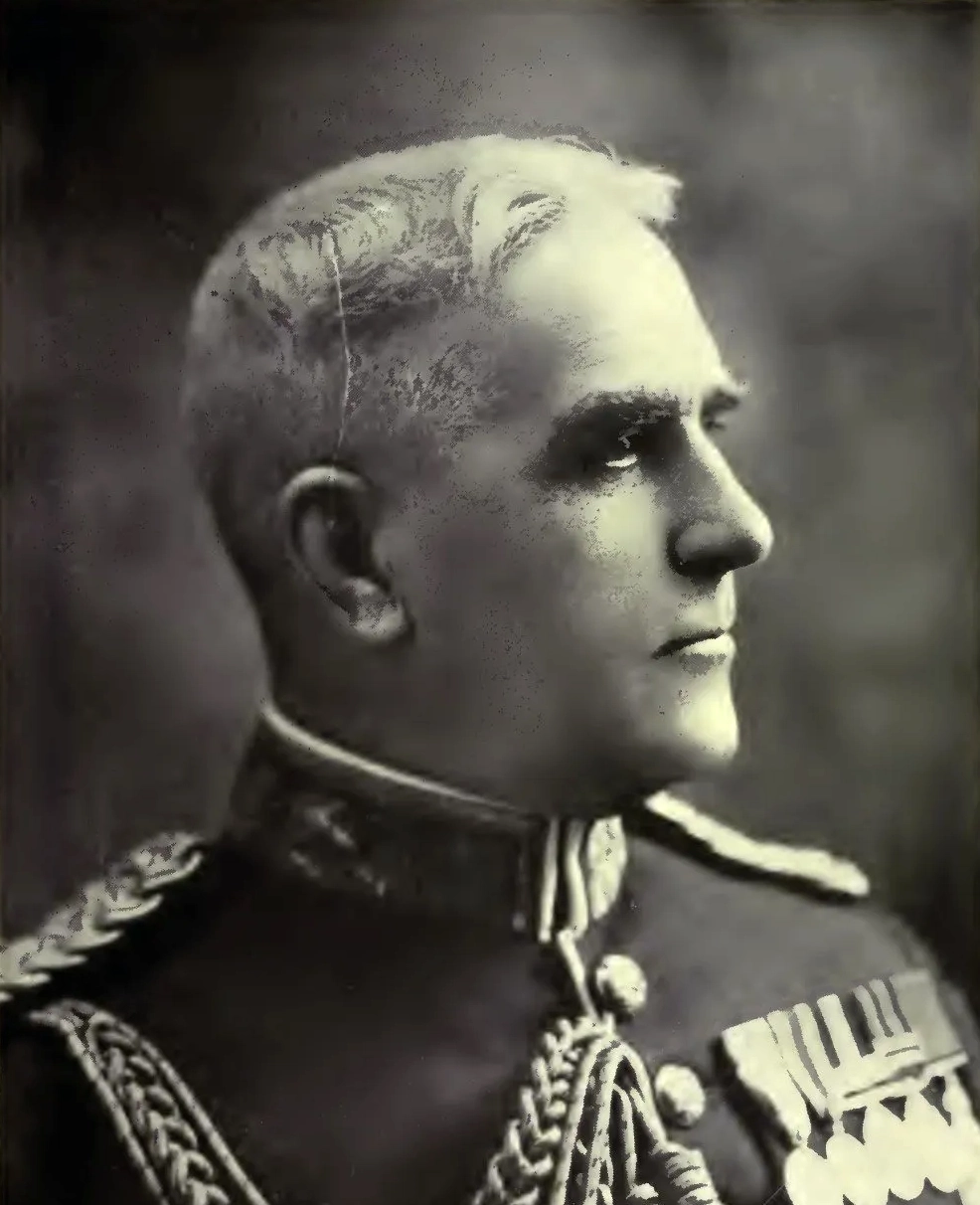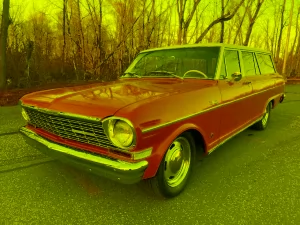
Eleven days after July 1, 1968, Canada Day, I turned 19. I had legally been driving a car in the province for three years. And either by sheer worry or good luck, I had a perfect driving record. My true baptism of fire came that July, however, when I got a summer job as a copy boy at the then Toronto Telegram daily newspaper. A few weeks into my day shifts, the head copy boy told me they were moving me to the night shift, which involved driving the Tely station wagon.
“You know how to drive a standard, right?” the guy asked rhetorically.
“Ah, sure,” I said, lying through my teeth.
I spent the next couple of days searching for a friend who could teach me how to drive anything with a three-speed standard transmission. (more…)



